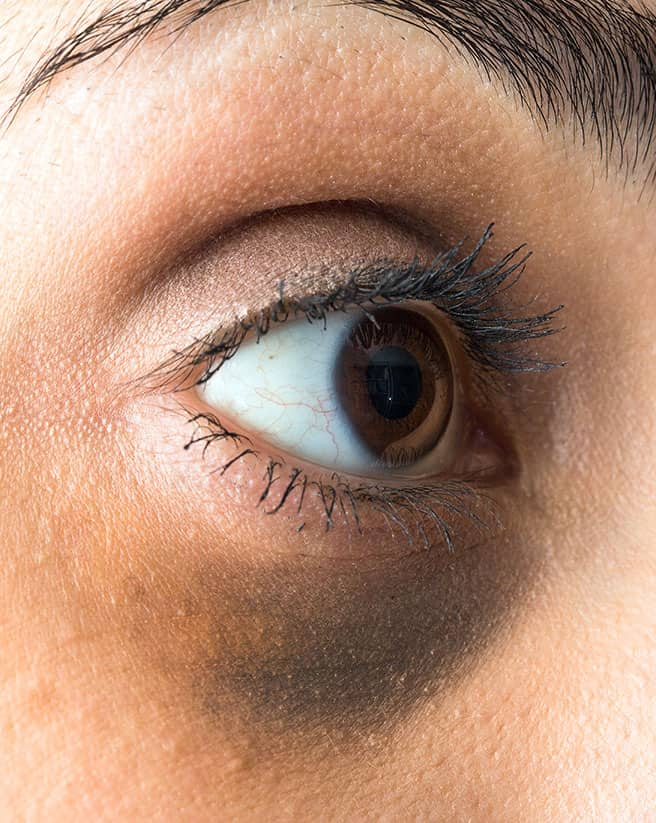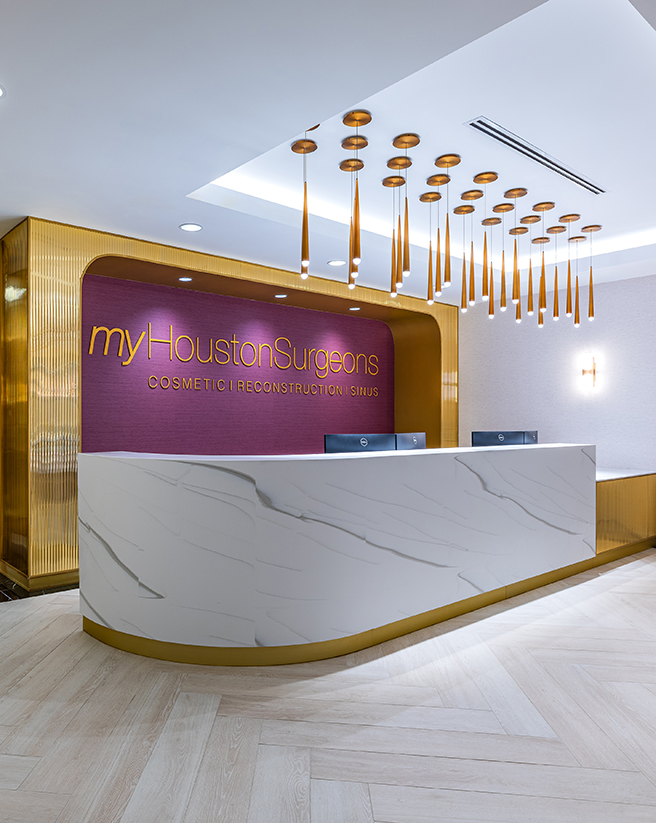
Orbital proptosis is a condition that causes the eyes to bulge or protrude outward. When only one eye is bulging, it may be related to a growth within the orbit or adjacent sinuses such as a tumor or expansion of an obstructed sinus (mucocele). When both eyes are bulging, it is often caused by Grave’s disease, an autoimmune disorder affecting the thyroid gland that also enlarges the muscles that move the eyes.1




